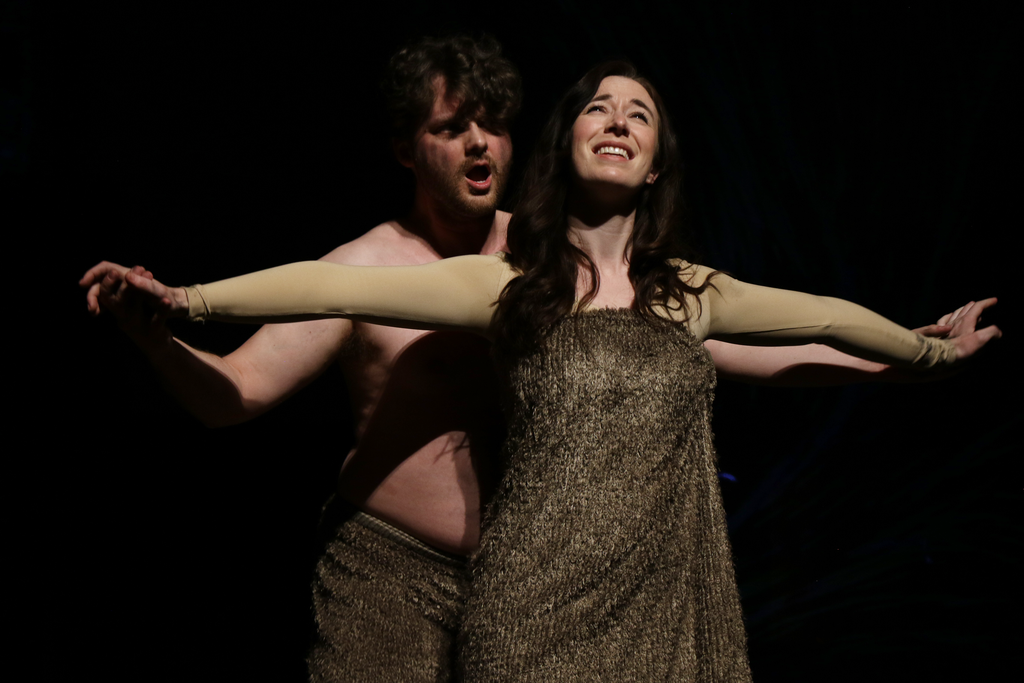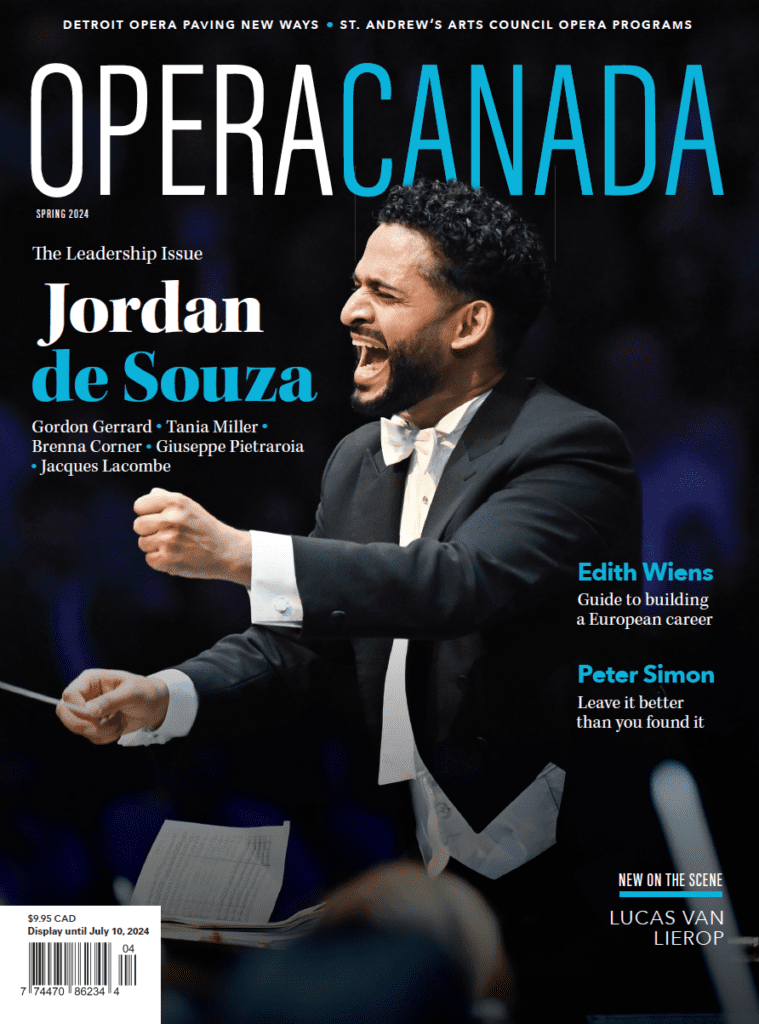The Little Opera Company (LOC) took a bold leap of faith as it closed its 2023/24 season with the Canadian premiere of Jonathan Dove’s The Walk from the Garden, a darkly ominous, allegorical church opera inspired by the Biblical tale of Adam and Eve’s expulsion from the Garden, as well as Milton’s Paradise Lost. With its own genesis being the British composer’s voyage to the Arctic in 2008, the opera thrusts the ages-old story against a backdrop of today’s ever-spiralling environmental destruction; surely more chilling now than during its May 2012 world premiere at England’s Salisbury Cathedral.
The three-performance run stage directed by Winnipeg’s Rob Herriot and presented March 22 to 24 at Winnipeg’s historic St. John’s Anglican Cathedral, itself flanked by graves dating back to 1821, featured Canadian lyric soprano Sara Schabas and tenor Nolan Kehler in the principal roles. Local choral ensemble Prairie Voices Inc. (Philip Lapatha, director) represented the Heavenly Chorus; their youthful energy giving voice –literally – to God, while infusing the 50-minute production with gravitas.
Armand Birk, marking an auspicious LOC debut, led a compact chamber orchestra comprised of string quartet, timpani and organ through Dove’s wholly contemporary score, with the production notably the first opera staged in the 100-plus year old cathedral regarded the birthplace of the Anglican Church in Western Canada.
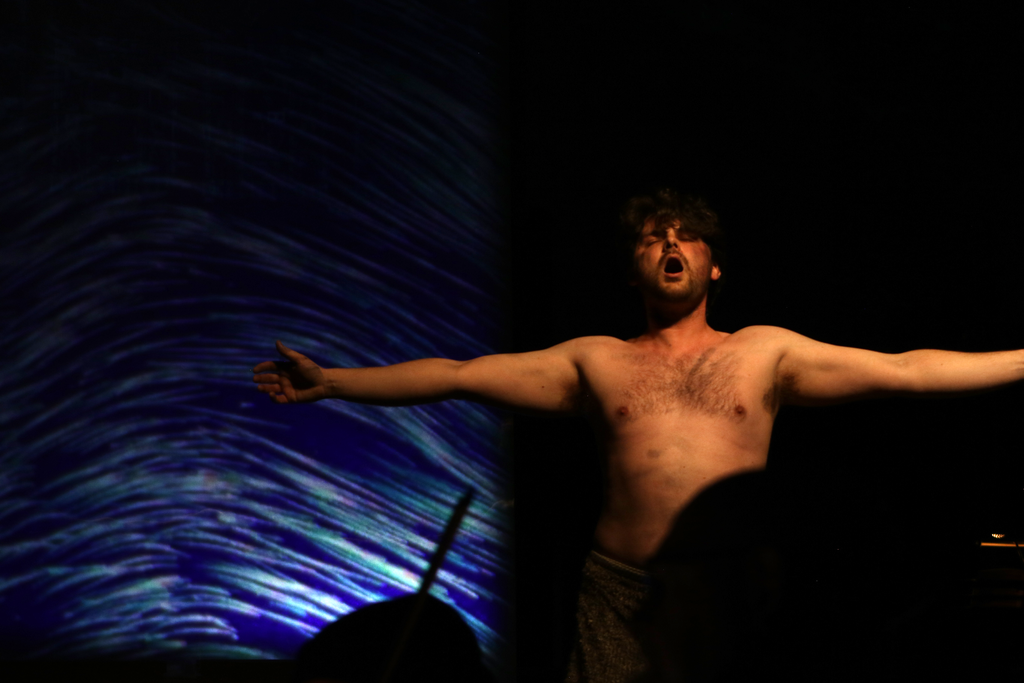
Nolan Kehler
Photo Credit: Heather Milne /The Little Opera Company
The opera itself unfolds as 12 scenes, beginning as the chorus thunders “Cursed is the ground because of you,” as the “naked” Adam and Eve clad in nude bodysuits are driven out from Eden, accompanied by pounding timpani strikes and rafter-raising chords by the organ. This shocking introduction immediately put the opening night audience on high alert for an evening of taut drama, fuelled by no-holds-barred performances.
These came with Schabas and Kehler’s series of short solos and duets, with the duo, now swathed in earthy robes, melding their voices in close-knit harmonies and unflinching a cappella passages. A highlight proved to be Eve’s sorrowful “Never again this,”performed as an elegy for their former idyllic world, as she mourns their loss of innocence.
The score teems with evocative tone painting, including the strings’ birdlike calls that lace Kehler’s solo as he sings of the “wren bobbing,” before his repeated, anguished refrain “They do not know me now; I do not know myself.”
Admittedly, some sections felt overly long, at risk for deflating the opera’s overall momentum, such as during the couple’s lushly scored duet “We dance with the stones,” despite frequent Dove collaborator Alasdair Middleton’s sensitive libretto that effectively blended both the prosaic and poetic, including such evocative lines as “we entertained angels.”
Sightlines were also problematic, and might have been mitigated had the singers been positioned on higher risers. English surtitles helped however, as did Herriot’s strategic blocking. One of the most compelling moments comes as Kehler moves behind one of two hanging scrims panels, on which Jason Fung’s swirling digital images were projected, often suggesting a mid-20 the century lava lamp, in which he now loomed in larger-than-life shadow that added further dimensionality.
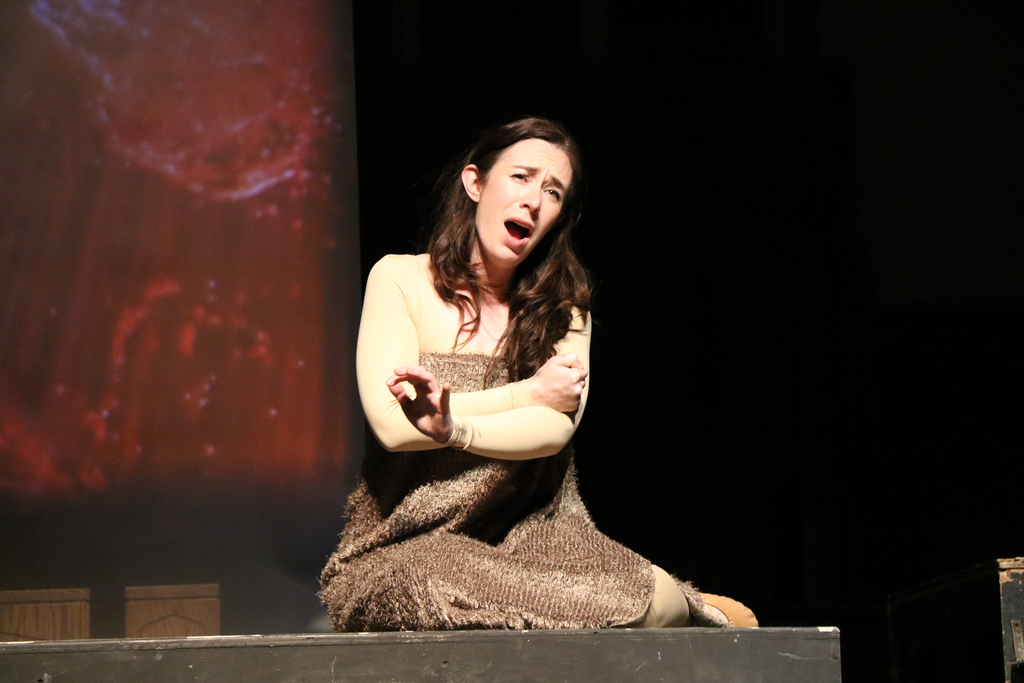
Sara Schabas
Photo Credit: Heather Milne /The Little Opera Company
Both singers skilfully navigated Dove’s large leaps and dissonances, countered by soaring lyricism, albeit diction could have been clearer, their words becoming obfuscated at times by the orchestra. Kehler delivered a particularly harrowing solo as the opera’s theme shifts to the all-too-real perils of climate change, as he sings, “the rivers are choked,” and “birds’ tongues are dry,” recalling last summer’s (and likely more to come) tinderbox wildfires. This is further heightened by visual loops projected onto the screens of grainy, industrial smoke stacks billowing toxic fumes that nonetheless began to feel overly repetitive.
The second appearance of the chorus, now completely surrounding Adam and Eve, cap the opera with Milton’s words as a final benediction, “…They hand in hand, with wandering steps and slow, Through Eden took their solitary way,” their flashlights now held like candles, with their overlapping entries clean and clear. It’s unusual for an audience not to immediately leap to its feet at the end of any production these days, however the sombre ending, as Adam and Eve slip off into the darkness to face an uncertain future, perhaps left listeners contemplating their own role in today’s escalating drama of ecological apocalypse, after witnessing this eerily prophetic, 12-year old opera.
So many arts organizations worldwide have played it safe with programming choices since the global pandemic first began to ease, hoping to lure skittish audience members back into concert halls with risk-averse operas. This is not one of them. LOC artistic director Spencer Duncanson is to be commended for taking the road less travelled with this gripping, metaphorical tale for modern times.
Related Content ↘
Opera Canada depends on the generous contributions of its supporters to bring readers outstanding, in-depth coverage of opera in Canada and beyond. Please consider subscribing or donating today.
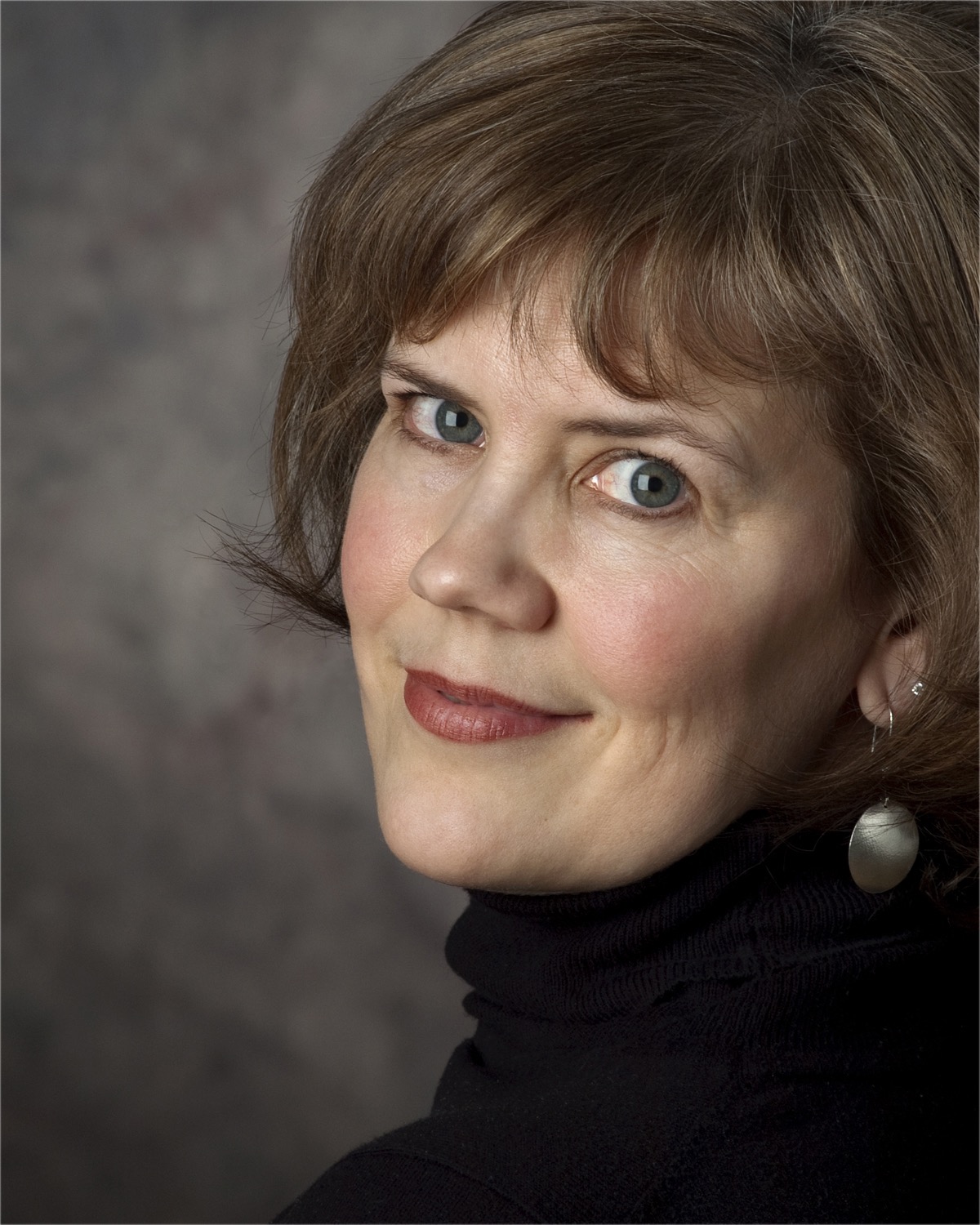
Holly Harris has served as an opera, classical music, dance and theatre critic for over 20 years, including having written for Opera Canada since 2009. A Prairie girl at heart, her reviews and articles have also appeared in the Winnipeg Free Press, Ludwig van Toronto, Musicworks, Opera Today, Classical Voice North America, Dance International, The Dance Current, Symphony, and The Strad.

